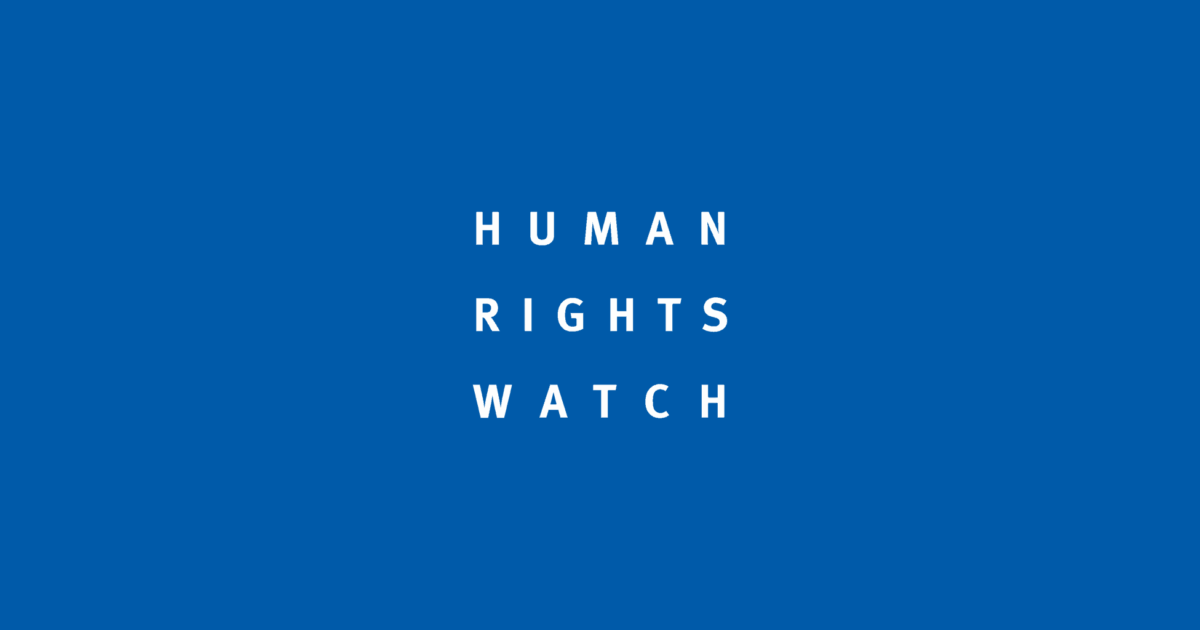Liberia
Liberia
Women in Liberia were powerful non-violent activists during the years of the the Second Liberian Civil War (1999-2003), and have led the efforts to rebuild their country through empowering women to participate in politics and peace processes.
Under the presidency of Ellen Johnson Sirleaf, the first democratically elected female head of state in Africa, Liberia has developed a National Action Plan on the implementation of Resolution 1325 (2000), and began a constitutional review process in 2015 that many hoped would outlaw discrimination against women.
However, traditional and cultural practices perpetuate gender inequality through today, exacerbated by the de-prioritization of the gender equality agenda following the Ebola epidemic. Women community leaders were instrumental in stopping the spread of the Ebola virus in 2014, during which women paid a particularly high price— three in four Ebola deaths were women, due to their traditional roles of caregivers (Liberian Ministry of Health).
Based on the work of NGOWG members and their partners, the NGOWG advocates for the Security Council’s continued support for the United Nations Mission in Liberia (UNMIL) in the effort to mainstream the women, peace and security agenda across its entire operation, giving special attention to sexual and gender-based violence.
Current and Past Recommendations to the UN Security Council (Monthly Action Points)
The Security Council will be discussing renewal of the UNMIL mandate (SCR 1938), which expires on 30 September 2011. Particular emphasis should be placed on the upcoming elections in October 2011, and the country’s high levels of sexual violence. While the government of Liberia has taken a lead in the region to promote women’s rights through new legislation and policy frameworks supporting the implementation of Women, Peace and Security resolutions, the representation of women in elected office remains low. There are concerns about electoral violence, and whether the country’s social reconciliation has been sufficiently prioritized, given lingering social divisions. The UNMIL mandate should call for targeted technical support for women for improved campaigning and lobbying skills, including through partnerships with civil society. The mandate should include concrete support for addressing the high levels of sexual violence, including replicating the women and children’s desks’ in police stations outside of Monrovia; support for strengthening the judicial system to ensure accountability for such crimes, including the court system and capacity of the police; and education and awareness campaigns. The UNMIL mandate should support the implementation of Liberia’s National Action Plan on SCR 1325.
Relevant Resources









